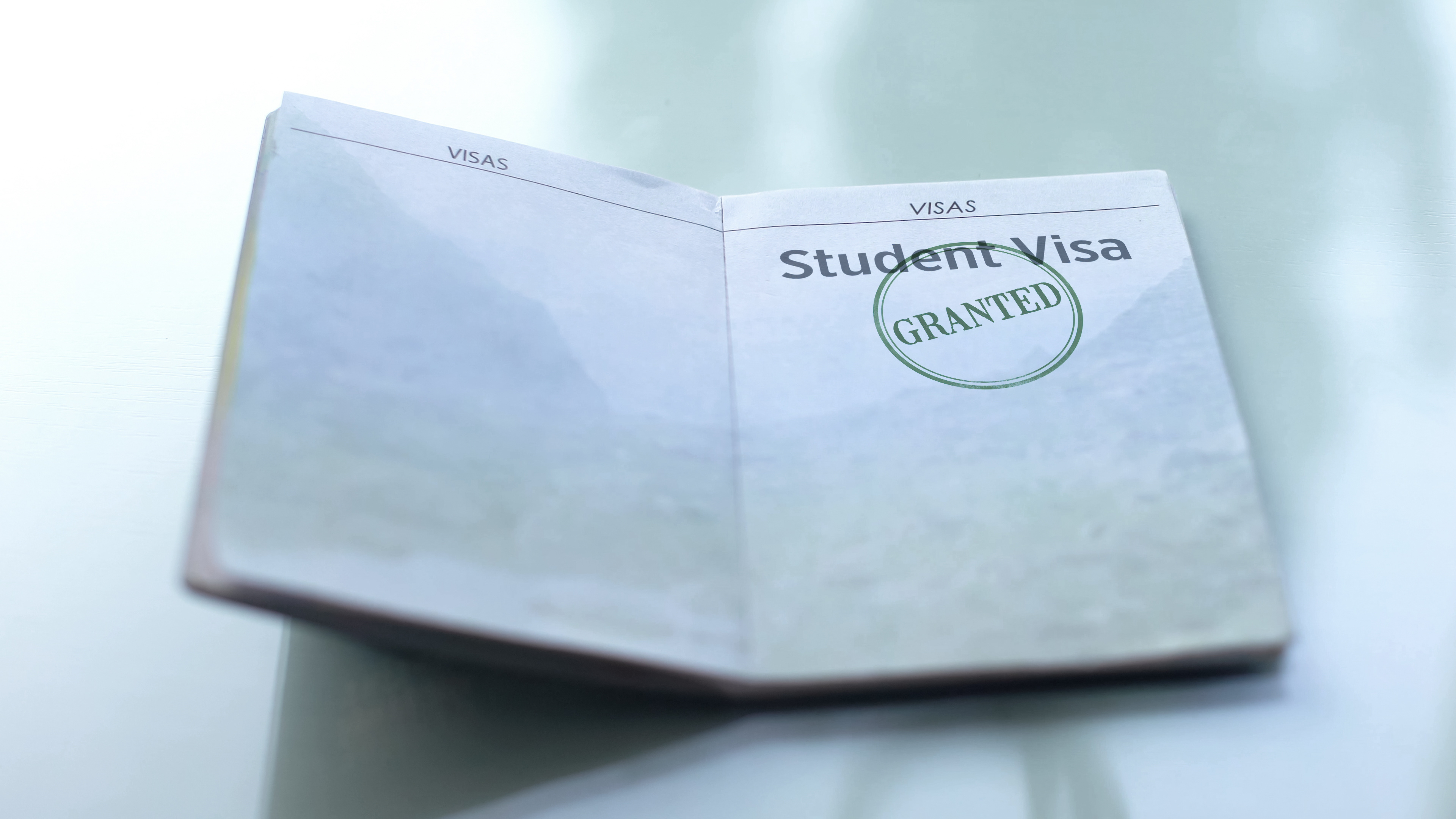
Applying for a student visa can be a daunting task, especially for those who are navigating the complexities of visa and immigration law for the first time. Understanding the nuances of various visa types—such as work visas, student visas, and pathways to permanent residency—is crucial for a successful application. In this blog section, we will explore the top five mistakes that applicants commonly make when applying for a student visa and provide insightful tips to help you avoid these pitfalls.
1: Incomplete or Inaccurate Documentation
One of the most common mistakes applicants make is submitting incomplete or inaccurate documentation. Each country has specific requirements for student visa applications, including proof of acceptance from an educational institution, financial statements, and identification documents. Failing to provide all necessary documents or providing incorrect information can lead to delays or even rejection of your application.
To avoid this mistake, it is essential to thoroughly review the documentation requirements outlined by the immigration authority of the country you wish to study in. Create a checklist of all required documents and ensure that each item is completed accurately. It may also be beneficial to seek assistance from an education consultant or immigration lawyer who specializes in student visas. They can provide valuable guidance and help you ensure that your application is as robust as possible.
2: Ignoring Financial Requirements
Another significant mistake is underestimating the financial requirements associated with obtaining a student visa. Most countries require proof that you can financially support yourself during your studies, which may include tuition fees, living expenses, and other costs. Failing to provide adequate proof of financial resources can result in your visa application being denied.
To avoid this mistake, familiarize yourself with the financial thresholds set by the immigration authorities. Prepare detailed financial documentation, including bank statements, scholarship letters, or affidavits of support, to demonstrate that you meet these requirements. It is also advisable to maintain a clear financial plan that outlines how you will manage your finances while studying abroad. This not only strengthens your application but also helps you prepare for living in a new country.
3: Not Understanding Visa Conditions
Many applicants overlook the conditions attached to their student visas, which can lead to unintended violations and complications in their immigration status. For instance, student visas often come with restrictions on work hours or requirements to maintain a certain academic standing. Ignoring these conditions can result in visa cancellation and even future ineligibility for other immigration benefits.
To avoid this mistake, take the time to thoroughly read and understand the terms and conditions of your student visa. Consult the official immigration website of the country you plan to study in, and consider attending informational sessions offered by your educational institution. Being informed about your visa conditions will help you maintain compliance and ensure a smoother educational experience.
4: Failing to Prepare for the Interview
For many countries, an interview is a crucial part of the student visa application process. Failing to adequately prepare for this interview can lead to a negative outcome. Common mistakes include not being able to articulate your study plans, lacking knowledge about the institution you plan to attend, or failing to demonstrate genuine intent to study.
To mitigate this risk, practice your interview skills well in advance. Prepare answers to common questions such as why you chose your particular program, how it aligns with your career goals, and your plans after completing your studies. Additionally, research your educational institution and the country’s culture and education system. This preparation will not only boost your confidence but also help you present a compelling case for your visa approval.
5: Neglecting to Seek Professional Guidance
Finally, one of the most detrimental mistakes applicants make is neglecting to seek professional guidance throughout the application process. Visa and immigration law can be intricate and subject to frequent changes, making it easy for applicants to overlook critical details. Attempting to navigate this complex landscape without expert assistance can lead to costly errors.
To avoid this pitfall, consider consulting with an immigration lawyer or a certified education consultant who specializes in student visas. They can provide personalized advice tailored to your specific situation, help you understand the legal framework, and guide you through the application process. Investing in professional guidance can save you time, reduce stress, and significantly increase your chances of a successful visa application.
Conclusion
Applying for a student visa is a significant step toward achieving your academic and professional goals. By avoiding these common mistakes—submitting incomplete documentation, underestimating financial requirements, neglecting visa conditions, failing to prepare for the interview, and not seeking professional guidance—you can enhance your chances of a successful application. With careful preparation and attention to detail, you can navigate the complexities of visa and immigration law with confidence, paving the way for a rewarding educational experience abroad.
